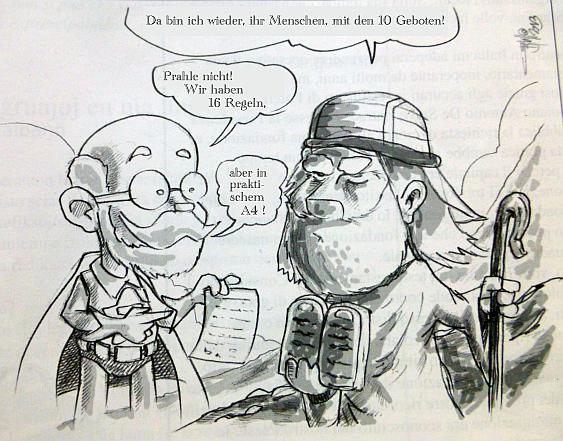Interdisciplinary works on endangered languages are classed in 408.9 Treatment of language with respect to ethnic and national groups (built with 4 from 400 Language plus T1—089 Ethnic and national groups). The interdisciplinary number for language and languages is 400 Language; it has unsubdivided Relative Index entries “Language” and “Languages” and the class-here note “Class here interdisciplinary works on language and literature.” Standard subdivision T1—089 Ethnic and national groups has the note “Class here ethnic and national minorities.” It is especially the languages spoken by minority groups that are endangered. An example of a work classed in 408.9 is Endangered Languages: What Role for the Specialist?
By the rule of zero, works on a specific endangered language are classed with the language in 420-490 Specific languages. For example, A Tarifit Berber-English Dictionary: Documenting an Endangered Language is classed in 493.3 Berber languages (built with 493 Non-Semitic Afro-Asiatic languages plus 3 from T6—933 Berber languages, as instructed at 493). Tarifit Berber is also known as Rif language, and Rif is in the including note at T6—933 Berber languages; hence no further addition is possible.
Sociological and anthropological works on endangered languages are classed in 306.44 Language, which has the note “Class here anthropological linguistics, ethnolinguistics, sociolinguistics.” The number 306.44 is subordinate to 302–307 Specific topics in sociology and anthropology. An example of a work classed in 306.44 is Discourses of Endangerment: Ideology and Interest in the Defence of Languages.
In WebDewey the LCSH “Endangered languages” has been editorially mapped to both 408.9 Treatment of language with respect to ethnic and national groups and 306.44 Language.



The following declaration was made in favour of Esperanto, by UNESCO at its Paris HQ in December 2008. http://portal.unesco.org/culture/en/ev.php-URL_ID=38420&URL_DO=DO_PRINTPAGE&URL_SECTION=201.html
The commitment to the campaign to save endangered languages was made, by the World Esperanto Association at the United Nations' Geneva HQ in September.
http://uk.youtube.com/watch?v=eR7vD9kChBA&feature=related or http://www.lernu.net